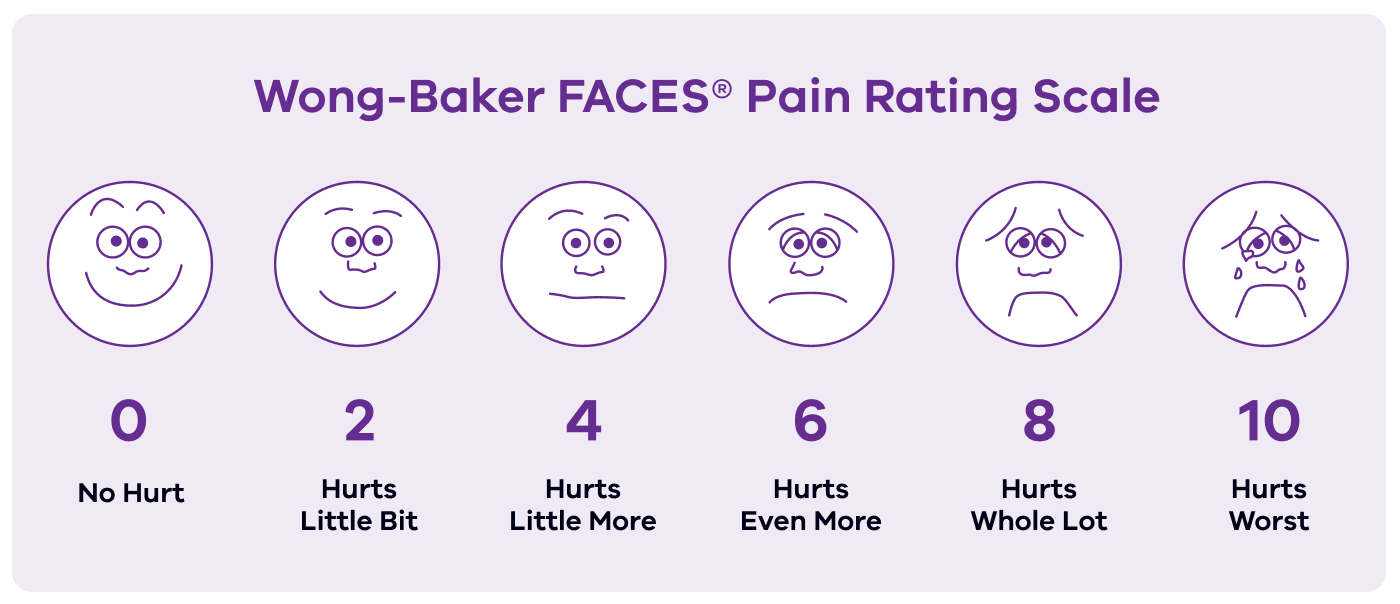What happens after my surgery?
Depending on the type of surgery you have, you may be able to go home on the same day of your surgery or you may be required to spend some time in hospital.
On the day of, or day after surgery, your healthcare team might encourage you to complete some tasks to help you recover faster. These tasks may include:
- standing and walking as soon as it is safe (early mobilisation)
- sitting out of bed and upright for all meals
- deep breathing and coughing exercises
- showering and dressing in your own clothes
- eating and drinking
- monitoring how frequently you are going to the toilet
- providing you with exercises to complete.
Monitoring your recovery
During your stay in hospital, you will have your blood pressure, oxygen saturation level (amount of oxygen in your blood), temperature, heart rate and pain monitored. These are called your vital signs.
Initially this is done more frequently (half hourly) and over time, if you are feeling well, it will be done less often (every 6 hours or so). It can be annoying because this can impact your sleep, but it is being done for your safe recovery.
The healthcare team will check your wound and ask if you have opened your bladder or bowels (done a wee or poo). They may also ask about your thinking and memory. These are key factors that may impact your discharge home.
What your healthcare team might ask you:
- Name DOB, allergies, medications
- What level of pain do you have on a scale of 0-10?
- What do you have at home to help relieve pain?
- Have you been to the toilet today?
- Will there be anyone staying with you at home?
Eating and drinking
Soon after your surgery you will be able to eat and drink (unless your healthcare team have advised against this).
Getting enough nutrition and eating a suitable diet as soon as possible will help your recovery. Eating food with protein, such as lean meats, eggs, legumes and fish can help rebuild your strength and energy. Speak with your healthcare team about what a suitable diet for you is.
Pain
Pain can happen after surgery. The type of surgery you have, as well as your preparation before surgery, can impact your pain levels. Your healthcare team are there to help manage any pain you may be feeling and are experienced in making you as comfortable as possible.
It is important to discuss your pain levels with your healthcare team to work out the best way to manage your pain in hospital and once you are home.
You may be asked to rate your pain levels on a scale of one to 10. The following diagram is an example of what you may be shown to help with this process.

To learn more about the Wong-Baker FACES Pain Rating Scale see the WONG-Baker FACES Foundation.
Medications after surgery
Speak with your healthcare team while in hospital to understand if you have new medications and if you will need them once you go home. For example, anti-coagulants (medication that helps thin your blood) might be needed after some surgeries. You may start this medication in hospital and may need to continue taking this medication temporarily once you’ve been discharged home.
See the Medications record resource.
I’m feeling unwell
When you are in hospital you or your carer may have concerns that you aren’t feeling well or are feeling worse after your surgery. If you notice changes in yourself, or your loved one’s health, it is important you speak with your healthcare team.
Some hospitals may have a program or people such as patient liaison officers (PLO) that you can speak with. Contact them if you have raised your concerns with your healthcare team and you are still feeling concerned.
Questions you might ask your healthcare team:
- What medications will I need to take after my operation?
- When can I start eating and drinking again?
- What exercises should I be doing now?
- When do I recommence my usual medication?
- Will I have to change my diet when I go home?
- Will I have any follow-up appointments?
- Can I have a medical certificate for me and my carer?

